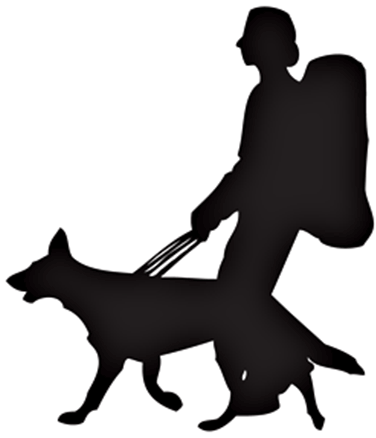
Definition of Service AnimalThe 2010 revision to Title II of the Americans with Disabilities Act (ADA) defines a “service animal” as an animal that has been individually trained to do work or perform tasks for the benefit of an individual with a disability, including a physical, sensory, psychiatric, intellectual, or other mental disability. A national park is a refuge for the animals and plants living in it. Even if your pet does not chase deer, birds, or ground critters, it still presents the image and scent of a historical predator. The result is stress on the native wildlife. In addition, predators such as owls, coyotes, mountain lions, and javelinas can and do kill pets. Even large dogs cannot defend themselves against predators. Contagious diseases can also be transmitted between your dog and native coyotes and other wild animals.
|
Last updated: September 12, 2018
